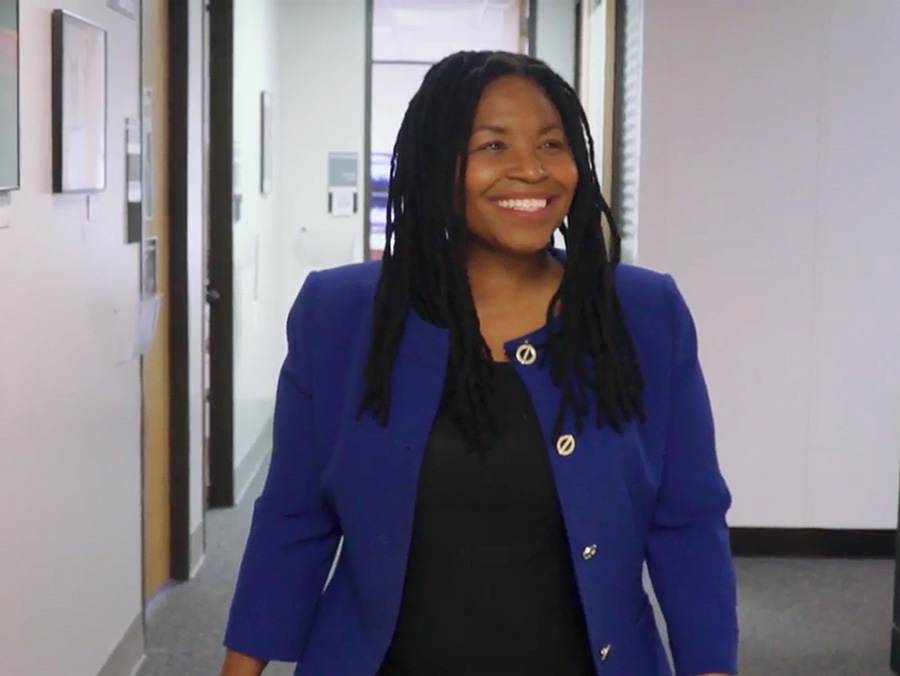
Stephanie Hawley ('81) understands the power of words. She was an avid reader and writer from an early age, and when she was an undergraduate English student at North Texas, her work was featured in the Black Student Association's annual poetry anthology. Throughout her decades-long career in education, words have been the tools that enable Hawley to build important relationships across leadership and administration, and with teachers, students and their families.
"My first steps in any new job are to listen to people inside and outside the organization to hear both their pride points and their pain points," Hawley says. "I connect as much as possible with the people the current system is not serving well. The results will inform the way in which I can support district leaders to make the necessary changes in policies, programs and practices."
Hawley hopes to turn words into action. As Austin ISD's first chief equity officer, she will work to guide the district's leaders and educators toward "equity-mindedness" in all areas of education, from policies and programs to hiring practices.
"I believe all education leaders to be well-intentioned," says Hawley, who received her master's in education from the University of Houston-Clear Lake and doctorate in higher education administration from the University of Texas at Austin, "but we've been socialized and educated to innocence, ignorance, fear and anxiety around race and other human differences."
As a UNT student, Hawley juggled multiple part-time jobs along with her classes and graduated on time, helping her understand how to persevere to achieve a goal.
"I learned the importance of preparation, grit and tenacity," she says.
She's used these attributes to advocate for change.
Prior to accepting her position at Austin ISD, Hawley served as associate vice president of equity and inclusion at Austin Community College, where she and her team noticed a disconcerting trend: Success and failure at the institution, statistically speaking, were predictable by race, and the same statistics held true on a national level. After examining the college's enrollment, retention and completion rates, she once again realized that systems and leadership had a direct impact on the culture that creates and exacerbates gaps in achievement.
"It's not enough to just be a nice person or not be overtly racist," Hawley says. "American education requires an overhaul of the education of educators. I count myself in that group because the necessary re-education is a lifelong process."
While at Austin Community College, Hawley led efforts to create the St. John Scholarship fund for students who have faced challenges with the justice system, raising money through two successful regional equity summits in 2017 and 2018.
"The summits were the first of their kind in the region, where we brought together educators, nonprofit leaders, parents and civic leaders to engage in dialogues to identify barriers to social and racial equity across sectors," Hawley says. "The establishment of internships, scholarships and cross-racial and cross-cultural relationships continue to this day because of these events."
She credits her success there to the relationships she cultivated with students, staff, faculty and the community, and looks forward to doing the same for Austin ISD. Empathizing with students from a variety of different backgrounds is what Hawley believes will transform the way leaders meet the needs of historically marginalized students.
"Radical hope may not be a skill, but it is certainly the fuel," she says. "I am radically hopeful that I can support others who want to change their own thinking and the system that is failing students of color. I also am radically hopeful that I can help leaders to see what the research has been telling us for decades: When students of color do well, all students do well."